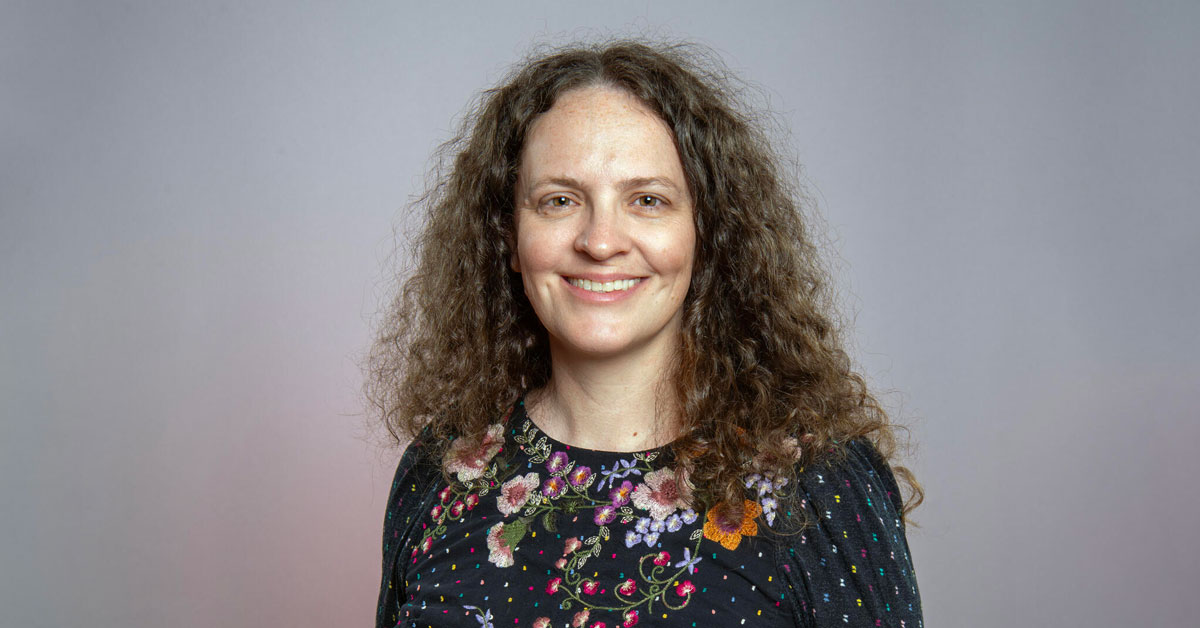Professor Hope Bastian wins Whiting Foundation award

Fellowship will focus on prenatal, postpartum care systems in Spain and the Netherlands
Assistant Professor of Anthropology Hope Bastian has won a prestigious Marion and Jasper Whiting Foundation Fellowship that will take her to Spain and the Netherlands later this year. She will study how the public health care systems and perinatal care models in those countries integrate breastfeeding support and education into prenatal and postpartum care systems.
The fellowship strives to enhance teaching by giving faculty access to new experiences that they can then bring back into the classroom. Bastian, whose research focuses on perinatal care and breastfeeding in Cuba, teaches “Introduction to Public Health,” “Medical Anthropology” and “Global Motherhood” at Wheaton College and will use her time abroad to expand the content of these courses.
“Teaching those courses has given me an idea of the pieces of the puzzle that are missing that I can bring to students,” said Bastian. Alongside Cuban and U.S. examples, the fellowship will allow Bastian to bring two unique European settings to the classroom to help students understand how combining the efforts of professional health care workers—midwives, maternity caregivers and lactation consultants—and peer support groups might improve the quality care for new families.
“It’s exciting to share these new examples in the classroom to see all the different ways that health care can be structured and help students imagine different ways and changes that could be made in our communities—wherever we call home,” she said.
In Spain and the Netherlands, Bastian will interview parents and different kinds of health care providers while integrating those conversations into her courses. She said she plans to use those interviews as raw material to help students learn how to research, transcribe and code interviews to identify major themes.
“It’s important to expose students to many different health care systems,” she said. “The system we have is not working. There’s a crisis in maternal health in the United States, especially for Black women, who die in childbirth at a rate that is three to six times higher than white women. The more we can learn from different places that are doing a better job at keeping mothers and babies alive, happy and healthy, the better equipped Wheaton graduates are to be part of making those changes.”
Bastian was also awarded the Hunt Postdoctoral Fellowship Grant from the Wenner-Gren Foundation, an important international prize in anthropology.
The $40,000 grant, given to just 20 people each year, will support Bastian as she writes her third book about Cuba, an ethnography of contemporary post-Soviet Cuban experiences of pregnancy, birth and postpartum care in state clinics and online social networks. The new book explores identity formation and online health activism among new Cuban mothers transitioning into motherhood in a country undergoing significant social, economic and technological changes.
—Scott Enman ’15
